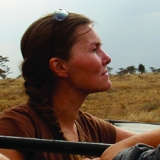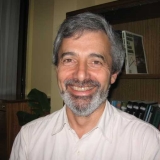Abstract
In this paper, we describe and analyze an experience in the use of marine resources as a base for economic activities and the development of coastal communities. According to the economic theory of the commons, Chile’s establishment of unique property and user rights for marine resources should reduce over-extraction pressure from open access and thereby improve the sustainability of marine resources. In addition, these new institutions create a range of opportunities for people in coastal regions, which may combine to improve economic well-being, both by diversifying activities and increasing the economic value of marine activities. We examine the case of coastal communities in southern Chile that, due to the decline in traditional fisheries and the advent of new user rights, have changed their income-generating work toward new sets of marine activities. However, the effective use of these opportunities is bounded by the low propensity to move found in these communities. Our analysis is based on fieldwork conducted in 2018, which included interviewing 25 qualified informants (artisanal fishers, leaders of fishers’ unions, and government officials) and a survey applied to a sample of 316 households in coastal communities of the Los Lagos region in southern Chile. We find diverse sets of marine-based income generation activities across households. The degree of diversification and the specific activities in which households engage varies over space depending on the environmental and biogeographic conditions and the institutional setting they face. The coastal population has a low propensity to move, which constitutes a cultural restriction that tends to generate segregated patterns of economic and labor activities in the studied area. Consistent with this finding, we find that variability in income across households is explained by household characteristics, the type of economic activity that households perform, and their geographical location.
Keywords: small-scale aquaculture, fisheries, income-generating activities, spatial and social heterogeneity, propensity to move, conservation and development policies


